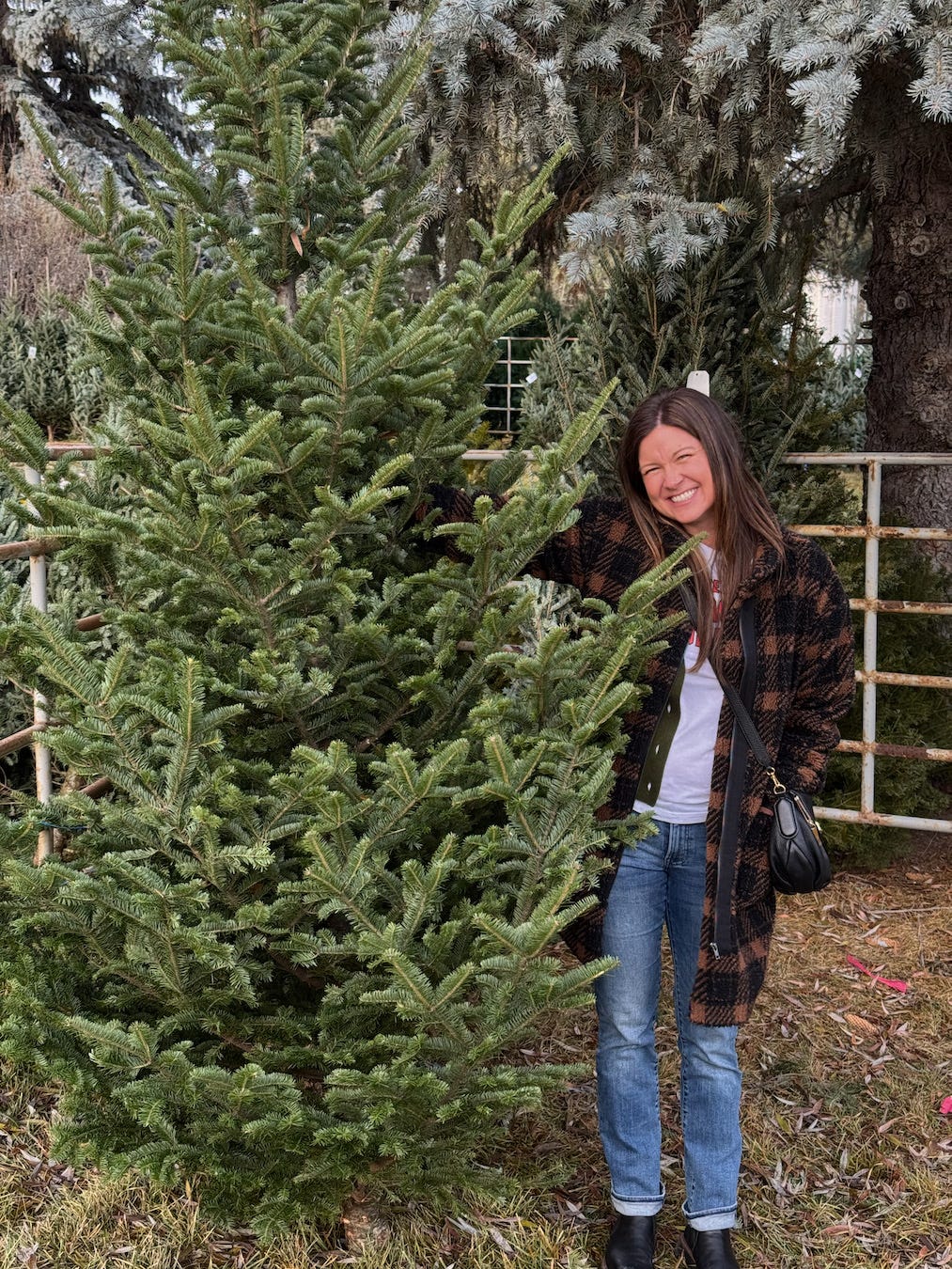Are you familiar with the Dunning-Kruger Effect? According to Tom Nichols, it is a type of cognitive bias, where people with no expertise or ability assume they have superior expertise or ability. In other words, the dumber you are, the more confident you are that you are not actually dumb. And to make matters worse, you may dismiss actual expertise in order to maintain your unreasonably high opinion of yourself. Today, Dr. Emily Fleming eloquently writes about the effects of this kind of bias on her professional life as a physician and as a citizen. Drop a comment and let us know your thoughts! —Anita
“The greatest enemy of knowledge is not ignorance, it is the illusion of knowledge.”
Daniel J Boorstin
There are few things more humbling for me than having to take my car to the mechanic. Despite my years of education, I know precious little about how cars run. All I can do is smile and nod and hand over my credit card, as I put my trust in the advice they are giving. Since my only other option is to travel back in time and spend years learning their trade, I really have very little choice in the matter.
I used to imagine this might be how some patients might feel when they encounter me as their physician in the emergency department—obliged to trust my medical opinion, due to their own relative inexperience—and I empathized. But in recent years, I’ve noticed a trend toward a concerning amount of skepticism surrounding expert advice, both in medicine and across various sectors of society. This shift has become particularly evident in my interactions with patients, some of whom question or outright reject the medical advice I provide, despite it being grounded in well-established clinical evidence. It is almost as if the experts have become the enemy.
Medicine has gravitated toward a more collaborative patient-physician model in recent decades. This replaces the more paternalistic former style of medical practice seen previously. Rather than doctors issuing orders and recommendations without explanation as they once did, we now engage in shared decision making with patients, discussing options and coming to a collective decision on management together. While I love this approach, it can feel impossible to try to bring my patients up to speed in a matter of minutes. I trained for many years to be able to make quick decisions under pressure, relying on years of study, clinical experience and a deep, ever-growing understanding of medical science. It is a lofty goal to communicate years of information to my patients in a minutes-long conversation. But to have that conversation is to acknowledge a patient’s autonomy and ability to make informed decisions about their health, and I feel I owe it to my patients to educate them as best I can.
However, I am often frustrated by patients who, after hearing a mix of misinformation from social media, political figures, or alternative health advocates, are increasingly resistant to evidence-based medical recommendations.
Where I hope to engage in a collaborative conversation, there is often an antagonistic undertone, where my expertise is challenged because of something my patient read on the internet during a 30-second Google search on the topic.
With all due respect, a conversation between a doctor and a patient about a medical issue is not a discussion had among equals. But these days, it seems as though the opinion of the expert no longer carries any additional weight.
In fact, within the political realm, it seems having expertise on a given subject is no longer viewed as an asset. The recent announcements regarding Donald Trump’s cabinet picks for his second presidential term would suggest that being an expert makes you a liability. There has been a societal shift toward a leveling of the playing field. Assertions of expertise are viewed as elitist, running counter to the furthering of democracy. But a democracy is built on a foundation of equal rights. This should not imply that all opinions carry equal weight.
“…the perverse effect of the death of expertise is that without real experts, everyone is an expert on everything. To take but one horrifying example, we live today in an advance post-industrial country that is now fighting a resurgence of whooping cough—a scourge nearly eliminated a century ago—merely because otherwise intelligent people have been second-guessing their doctors and refusing to vaccinate their kids after reading stuff written by people who know exactly zip about medicine.” Tom Nichols, The Federalist, pub 1/17/2014
Experts are still human beings, and human beings make mistakes. Doctors and scientists make errors. Errors were made during the Covid-19 pandemic, to be sure. Ever-changing masking requirements and isolation recommendations eroded the public trust in the scientific establishment. But the frequent exhortations I heard for people to “do your own research” felt extremely misguided.
Hopefully we can all agree that the average layperson lacks the educational foundation to be able to formulate an accurate and well-informed opinion about complex medical issues. We need to be able to rely on expertise, because it is simply impossible for each of us to gain a depth of knowledge necessary to be an expert in every single topic.
We live in a world where the entire global body of information is readily available to us all. We have it all at our fingertips and in our pockets, accessed by a few easy keystrokes. This should empower us to believe that we can learn and educate ourselves, and it should also be humbling to note just how much there is to learn. When a person dedicates their time and effort toward gaining expertise in a given area, we owe them our gratitude, rather than our disdain. To feel threatened by expertise is to remain imprisoned by one’s own fragile ego. We should aspire to intelligence, rather than let it make us feel inferior. We are all better than that.
Emily’s 5 Favorites for 2025
I rediscovered my copy of The Daily Stoic and have given it a permanent place on my bedside table for the year. I love the daily reminders about letting go of what I cannot control, and shaping my attitude based upon what little I can.
Happy This-Notebook-Will-Change-My-Life season to all who celebrate. For the past few years, I’ve been repurchasing the same Sugar Paper planner. My family has a digital google shared calendar, and a big wall calendar in our home, and yet I still find comfort in having a personal written planner as well. I am who I am.
While, for me, Dry January is less about drinking less alcohol and more about delivering jokes free of emotion, I do love a canned non-alcoholic cocktail. My pandemic beverage of choice was the spicy paloma (recipe shared here), and both this option and this one are pretty good NA dupes.
In a desperate act of resistance, I am trying to convert my post-election despondence into action. While it has been characterized by lots of starts and stops, I am working my way through Democracy in Retrograde, trying to rebuild some hope about my role in our democracy. As Thomas Jefferson put it, “A well-informed electorate is a prerequisite to democracy.” This is me trying to be better informed.
On days when I feel the need to succumb to cynicism with politically like-minded individuals, the guys at Pod Save America have got my back. Hosted by former Obama speechwriters, this pod with multiple weekly episodes is a favorite. I listen on Spotify, but it’s available wherever you like to get your podcasts.
In gratitude,
Emily Fleming
PS Read about Emily’s time in the military here, or her thoughts on managing her calling to both her family and to herself here.








I'm sorry you have to deal with this. The "do your own research" comments about vaccines, etc make my head spin. I am not in the medical field and trust the experts (and also appreciate the discussion with my physicians). The RFK nomination has my head spinning so thank you for calling out the current politics.
Emily - thank you for sharing! I cannot imagine being constantly refuted by "non experts" on topics that you've trained so hard and so intentionally to master. I lose my sh*t when my mostly qualified and certainly educated bosses push back on my less-than-life-altering work.
How was your experience been as a female physician with female patients? I feel like I read (there it is again - thinking I am educated on the matter) a lot about women knowing that something is "wrong" but then being told that everything looks fine or it's in their heads. Slightly different thought stream than what you're sharing but as someone who was recently diagnosed (not sure if that's even the right verb) with PCOS, I am more and more curious about the discovery part of medicine.